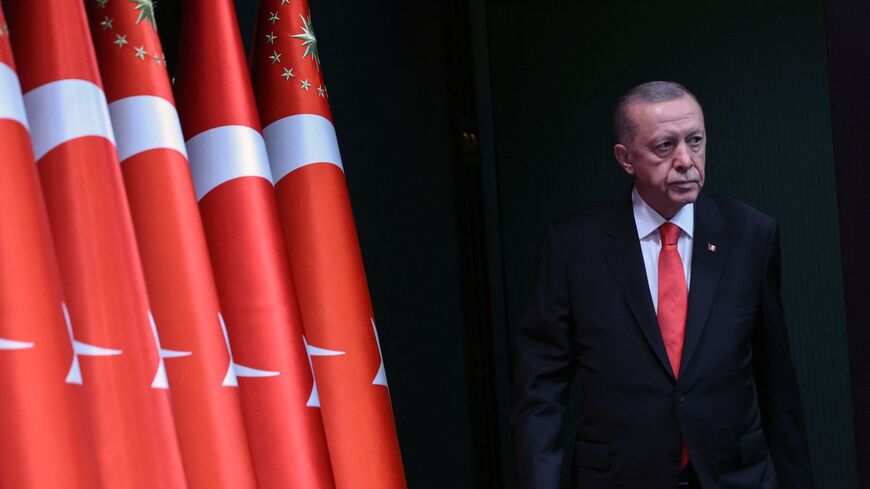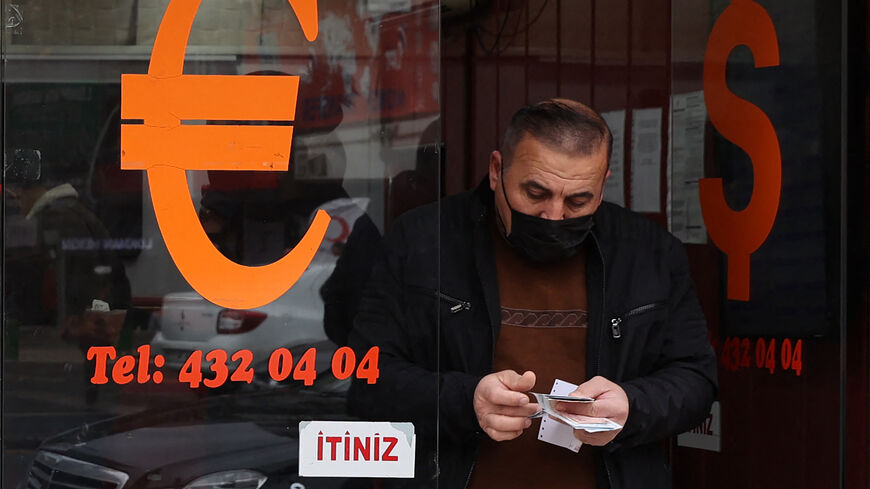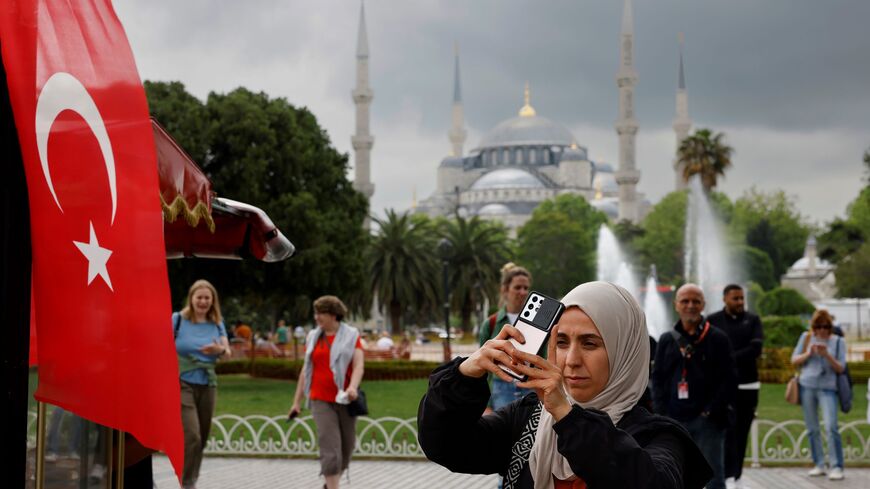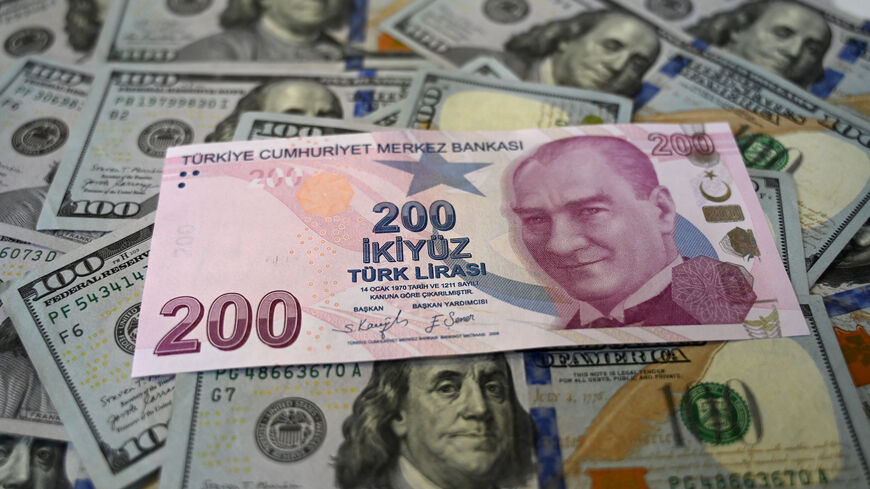Turkey Elections: Currency fears grow ahead of presidential runoff
Turkey’s foreign exchange crunch has become so grave that the authorities would even go for limiting cash withdrawals from credit cards to keep the Turkish lira from plunging.
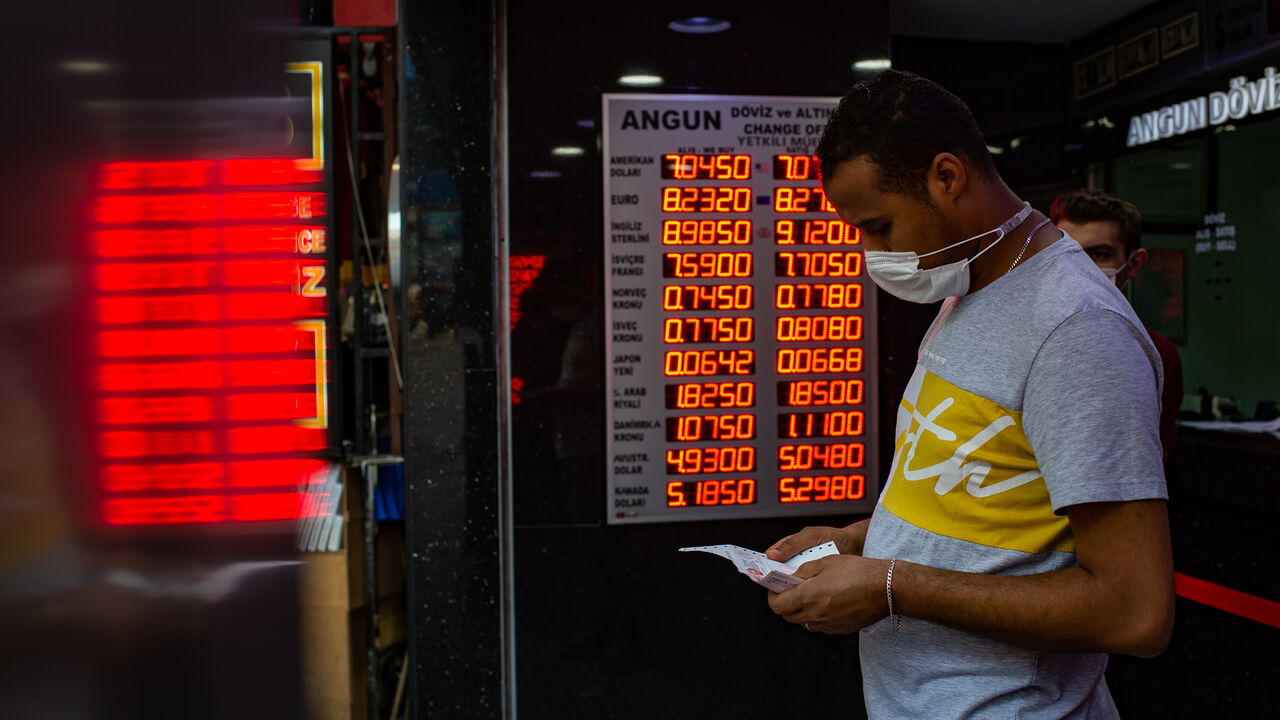
Turkish markets remain on edge ahead of Sunday’s presidential election runoff as apprehension builds up that President Recep Tayyip Erdogan’s reelection would spell deeper economic woes and send the Turkish lira into a new tailspin.
Erdogan, whose controversial low-rate policy is widely blamed for Turkey’s economic turmoil, narrowly missed an outright victory in the May 14 presidential vote, defying opinion polls most of which had put his challenger Kemal Kilicdaroglu in the lead. He got 49.5% of the vote, just below the 50% threshold, while Kilicdaroglu, who had promised a return to economic orthodoxy, garnered 44.9%.
The vote was followed by a market rout as the prospect of Erdogan winning the runoff dampened hopes for an end to his unorthodox policies, marked by rate cuts despite soaring inflation and selling central bank reserves to prop up the embattled lira. Erdogan asserted to CNN last week that he would make no change to his economic policy if he wins a third term to govern the country.
Just two days after the first-round vote, the central bank issued fresh rules for banks aimed at curbing lending, including cash withdrawals on credit cards, which people often use as a cheaper alternative to loans. To force banks to heed the restrictions, the central bank obliged them to hold additional low-yielding government bonds for such transactions by their customers.



